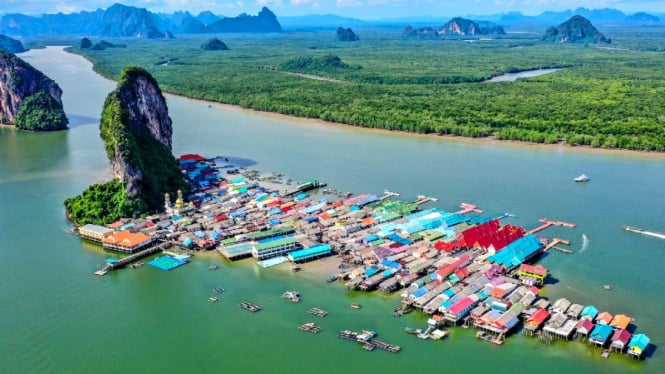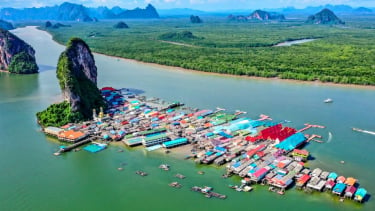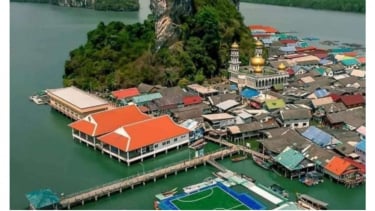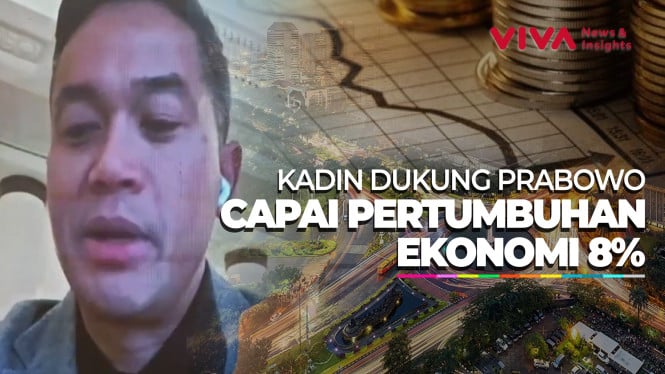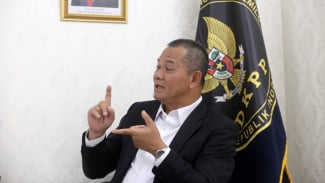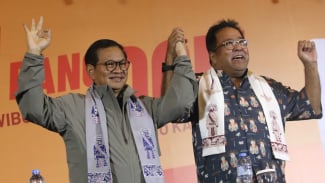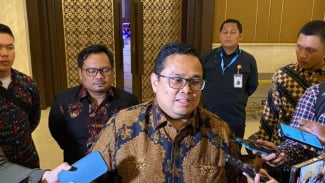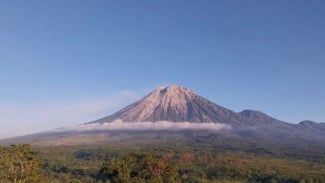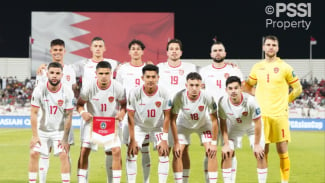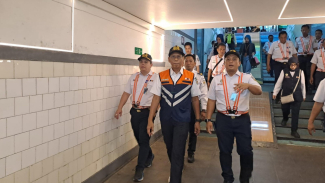Koh Panyee, Javanese Muslim Village in Thailand
- hotels.com
VIVA – Thailand has a Muslim village floating on the sea with an Indonesian feel, the village name is Koh Panyi – Pronounced in Thailand – or known as Koh Panyee. This is a fishing village in Phang Nga Province, Thailand. The Floating Island lies in the shadow of a high limestone rock formation in a sheltered bay at sea.
Koh Panyee is about half an hour by boat from the Phang Nga Pier in Phang Nga Bay. The village is also easy to reach from Phuket and Krabi. According to history, Koh Panyee village was built first by three fishermen families of Javanese descent around 200 years ago.
Then, they grew until today the village population is more than 1,680 people and 400 families. The majority of the population also adheres to Islam. The origin of Koh Panyee village began when the three families were looking for a location to catch fish.
Desa Koh Panyee Thailand
- Google Maps
From Java, they followed the Malaysian coastline until they reached Thai waters and found an island in Panga Province. They then climbed to a hill to raise a flag to signal other fishermen to join them.
Since then, many people have come and joined in until they finally built a floating village on the water. Koh Panyee, Javanese Muslim Village in Thailand.
As time went by, and many tourists came to Koh Panyee to make it a tourist destination, the Koh Panye residents of Javanese descent obtained ownership rights to the land even though they were foreigners.
Slowly but surely, Koh Panyee now has facilities like a normal village. Koh Panyee also has a school, hospital, cemetery, market, museum, and a simple hotel for tourists.
The center of the village is a concrete structure that connects dozens of souvenir shops and houses. Each small shop along the pathway sells shell trinkets and batik t-shirts.
One of the highlights of Koh Panyee Village for tourists is the three floating football fields. The pitches are made of wood and were built after the 1986 World Cup. Their source of income is fishing. But, along with the many tourists who come, they also thought of utilizing the tourists as their source of income.
